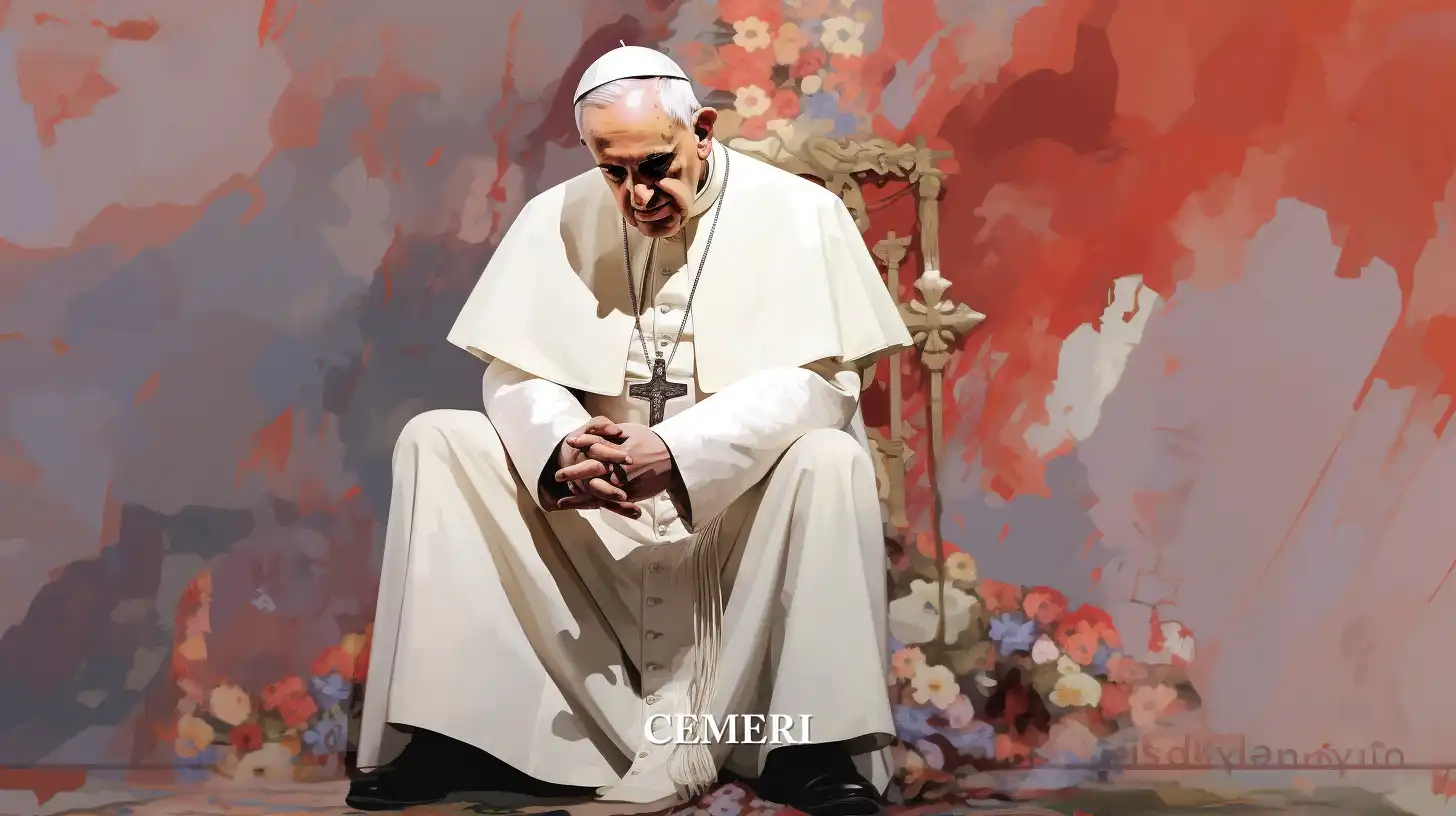Opinion
Saúl Gopar Ensáztiga
Environmental commitments at election time: congratulations for the municipalities in Mexico
- The outlook for combating climate change can improve from local governments using the correct tools.

In the electoral process in Mexico that took place in the first half of 2021, very little mention was made of environmental issues in the municipal political agendas of the candidates for popular election positions, especially those who compete for the position of mayor or mayoress. Although the distribution and management of water has been discussed in some proposals, most of the strategies to counteract climate change are not clear, or do not have the foundations that they should have to meet the objectives of tools such as the 2030 Agenda.
However, the panorama changed on May 4, 2021 after the signing of the Commitment to Sustainable Development and Climate Action by various international organizations, such as the international network of cities ICLEI-Local Governments for Sustainability, the Institute of Policies for Transport and Development (ITDP), and the Latin American Federation of Cities, Municipalities and Local Government Associations (FLACMA), together with allied political associations in Mexico such as the National Association of Mayors (ANAC), the National Federation of Municipalities of Mexico (FENAMM), the Association of Local Authorities of Mexico A.C. (AALMAC), and the Mexican Network of the Earth Charter.
The Commitment urges the candidates for mayors, councilors, and local deputies to develop feasible and efficient strategies to combat climate change, in addition to ensuring a prosperous environment for citizens by following up on 12 specific points included in it, which include signing the Global Covenant of Mayors for Climate and Energy, signing the Edinburgh Declaration, signing the Earth Charter, incorporating their town into the Cities with Nature program, among other actions.
After the June 6 elections, the candidates who signed the Commitment and who were elected to serve as mayors were Rozana Lili Campos Miranda, president-elect of the municipality of Solidaridad, Quintana Roo; Alfonso Martínez Alcázar, president-elect of the Morelia City Council, and Alfredo Mejía, president-elect of Pátzcuaro, both from Michoacán; Alejandro Navarro, president-elect of the municipality of Guanajuato, and Alejandro Alanís Chávez, president-elect of the municipality of Valle de Santiago, both from Guanajuato; and Lía Limón García, mayor-elect of the Álvaro Obregón Mayor's Office, in Mexico City.
This makes two issues clear: first, that the challenge to carry out actions in favor of the environment is quite large, since the candidates who signed the Commitment, and who in turn won the electoral contest, were a significant minority, taking into account He says that twenty thousand three hundred and eleven local positions were disputed throughout the country, between municipal presidencies, councilors, unions and local councils.
Secondly, that it is important to work on the international dimension of local governments due to the opportunities and advantages that this brings with it in the different areas of local public administration. The foregoing is discussed since the public officials who signed the Commitment and were elected will represent local governments with a history of international activities and with a notable international presence, such as Morelia with its International Film Festival.
Although there were other variables that intervened when the now elected municipal presidents signed the Commitment for Sustainable Development and Climate Action, there is no doubt that the local history of international actions of the municipality that they will preside over represented an important variable when considering time to intend to implement new actions for the good of the citizenry.
The challenges faced by municipalities and local governments around the world are interrelated: authorities face almost the same situations and difficulties to ensure the well-being of their citizens, especially after the health crisis that occurred in 2020. Develop international actions and strategies from the local is no longer a new issue. The cooperation that arises through networks of cities shows that it is possible to provide help and share experiences and ideas that make it possible to better face any challenge.
Regarding the environment, the Commitment to Sustainable Development and Climate Action is only one initiative of all those that the city networks have carried out to improve climatic conditions, in addition to the fact that the participants are few compared to all those who are interested. on different topics and that can contribute to the improvement of public administration in Mexico.
From this space, the effort made by ICLEI, FLACMA and ITDP is celebrated, while municipal presidents are urged to endorse their commitment to citizenship and the improvement of social, economic and environmental conditions. Also, they are invited to carry out their tasks taking into account the tools available for a better exercise of their functions and a better result for the population, such as [local diplomacy.](https://cemeri.org/art/ diplomacy-local-mexico-2021-challenges-opportunities/)
Sources
NA

